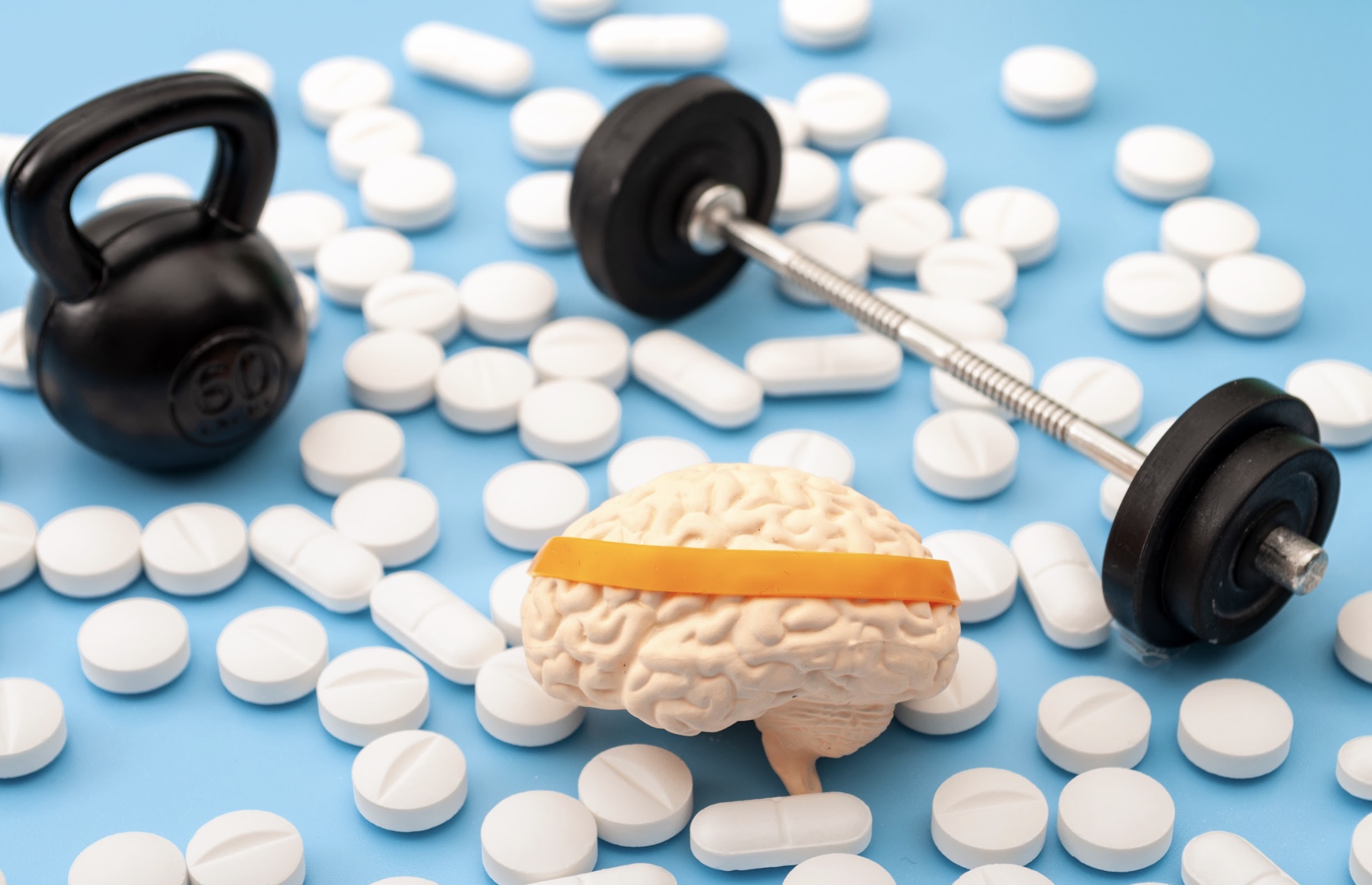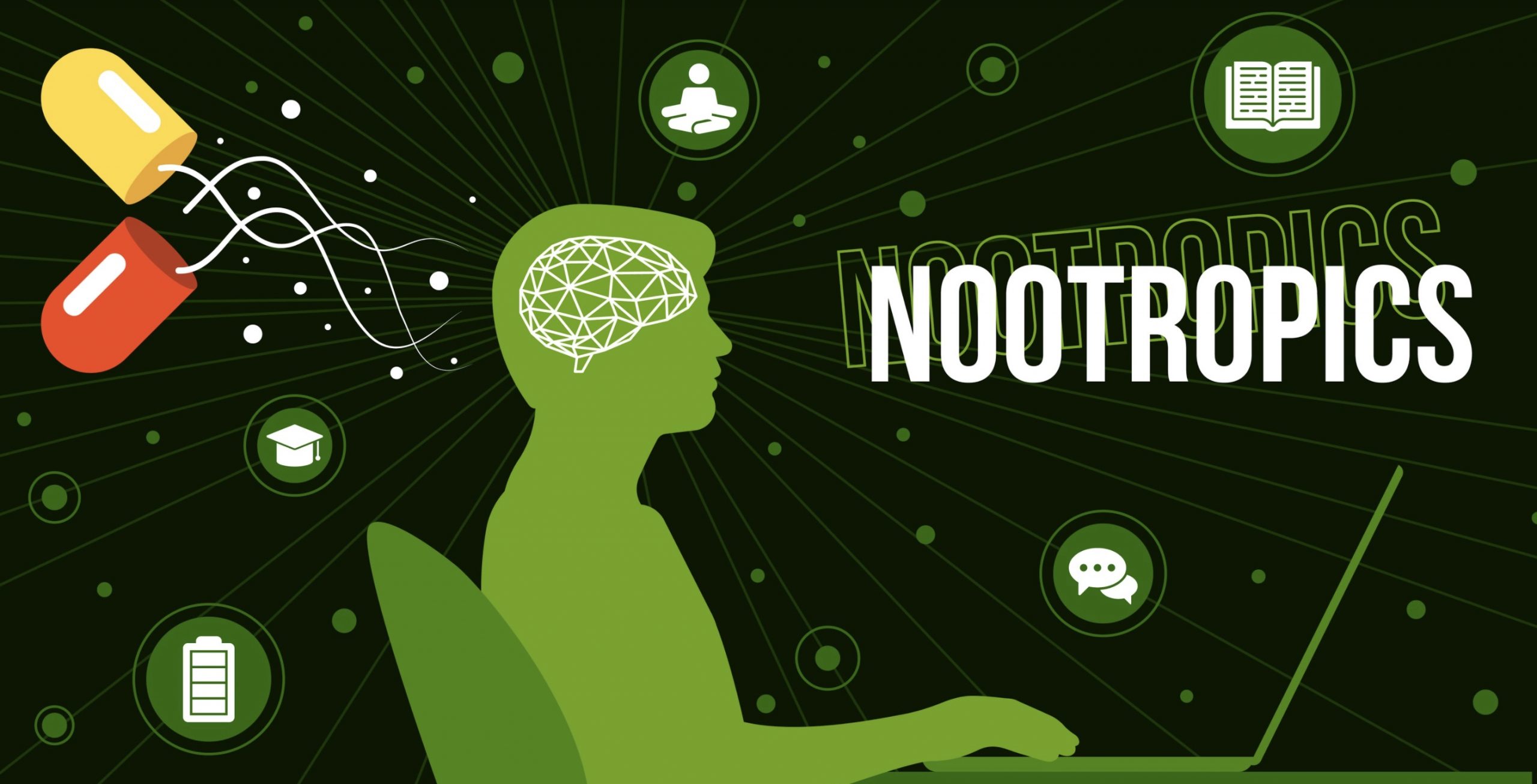The health and wellness industry is rising in popularity today, as more and more people have become conscious of their overall health. And because of this, it’s a no-brainer that supplements are on the rise. Each has its respective claims on benefits that it brings, and most people today are almost always willing to consume anything that promises them better health.
One of these rising supplements is what’s known as nootropics. Contrary to popular belief, nootropics isn’t a brand; rather, it’s a term used to encompass any substance proven to enhance the cognition both in the short term and long term, without the effects of chemicals.
This article serves as your guide on what you should know about nootropics, including a brief on what they are and how they work.

Chapter Overview
Prescription Nootropics Do Exist
Not all nootropics can be bought immediately over the counter. A doctor can prescribe a certain nootropic if they believe that it can help address their patient’s medical condition. For prescription nootropics, these are typically stimulants used to address problems like dementia and ADHD. Examples of prescription nootropics come along the likes of
- modafinil, treatment used to address the sudden drowsiness of narcolepsy;
- memantine helps treat symptoms of Alzheimer’s disease; and
- Adderall, generally used to help treat ADHD.
Because these are usually prescription medications, that means you shouldn’t even consider taking them on your own, without an underlying medical condition. Just like any other substance—be it natural or not—it doesn’t mean that nootropics don’t have potential side effects, especially when there’s misuse.
Common Examples Of Nootropics
Today, the use of nootropics is closely related to its claims in improving motivation, boosting memory, focus, creativity, and intelligence. Some of the most common forms of nootropics include these common stimulants:
- Caffeine: This is one of the world’s most-used psychoactive supplement, which works by blocking the adenosine receptors in the brain, which makes you feel less tired. This is naturally found in coffee, added to soda, and also found in cocoa.
- Creatine: This is another common nootropic, which is typically found in workout substances used to make protein. Not only does it promote muscle growth, but it also carries a lot of benefits for the brain. It may be promising in improving your reasoning skills and short-term memory.
- Rhodiola rosea: This is a kind of herb that’s mostly used for handling stress more effectively. It may also reduce mental fatigue and increase the feeling of overall well-being.
Common Examples Of Over-The-Counter Nootropics
Not every nootropic needs a prescription. There are many that are classified as over the counter, which you can get without a prescription. In fact, you may have already started using some of these nootropics as a part of your daily life:
- L-theanine: This is a kind of amino acid that’s commonly found in black and green tea. When ingested, it may bring the effect of increasing the brain’s alpha waves. In turn, your mental state not only stays alert but may be a lot more relaxed.
- Racetams: This is another kind of nootropic with the claim of possibly creating a neuroprotective effect in the body. Because there are no set dosages for what’s acceptable and what’s not, it’s still highly recommended to seek the advice of a medical professional.
- Panax ginseng: This is an herb that’s famously grown in some parts of Siberia and China. Its roots are famously used for medicinal purposes. Bt, this may also interact with some medication that you could already be taking as a part of your maintenance medications, so do take this is with caution as well.
The Best Way To Use Nootropics
If you’re keen on using nootropics as part of your daily life, it’s always best to do so with caution. Talk it over first with your doctor, as you would with any other kind of supplement, so you can have the best health tips for your medical problem.
First off, you have to begin by informing your doctor about any medications that you may already be taking, particularly if the doctor you’re consulting with now isn’t your regular GP or your usual family doctor. Giving your new doctor your medical history and the medication you’ve taken or are currently taking can help them have a more informed and more sound decision on which nootropics you can and can’t take and its acceptable dosages.
Conclusion
Now that you have these important insights on what nootropics are, it’s important to close with this fact: Not everyone can experience the same effects when they take nootropics. It’s not essentially the best for everyone, as its effectivity will also highly depend on how your body may respond to certain compounds. If you’re really interested on giving nootropics a try, always make sure you consult with the experts. By doing so, you can have that guarantee of using nootropics in the safest way possible.

